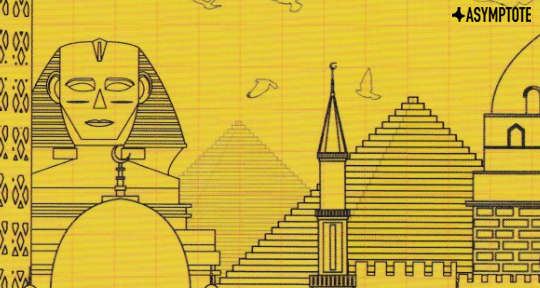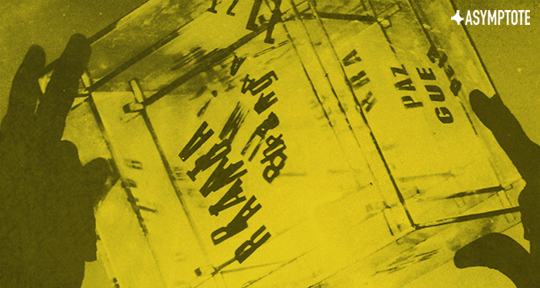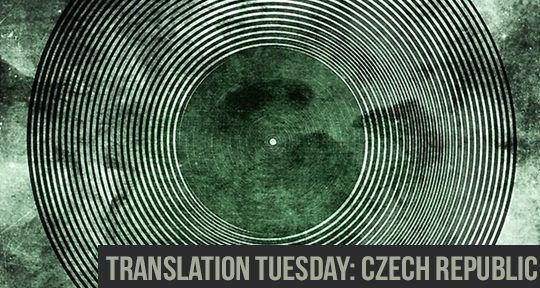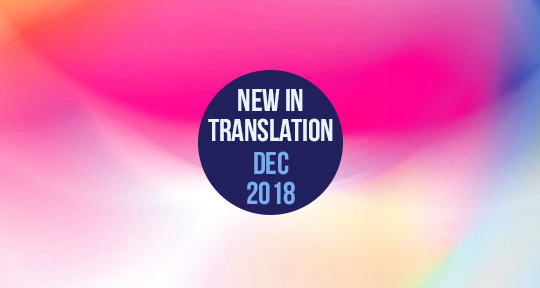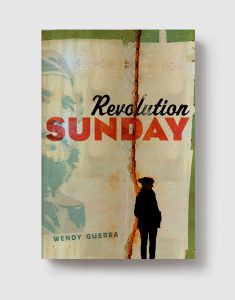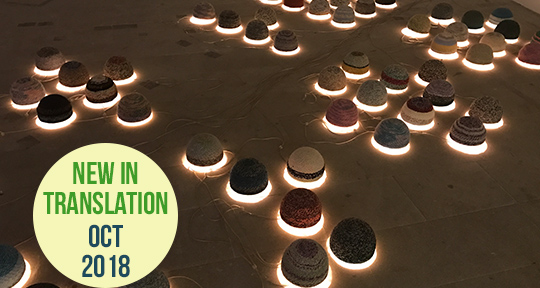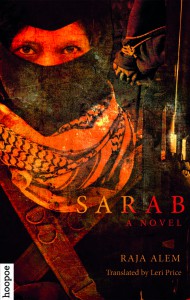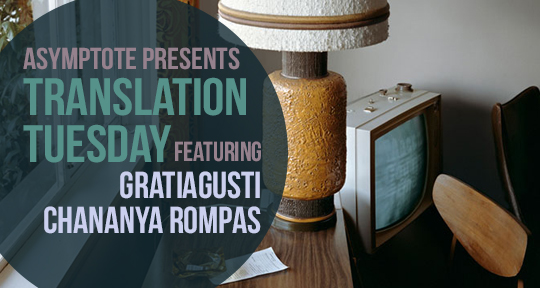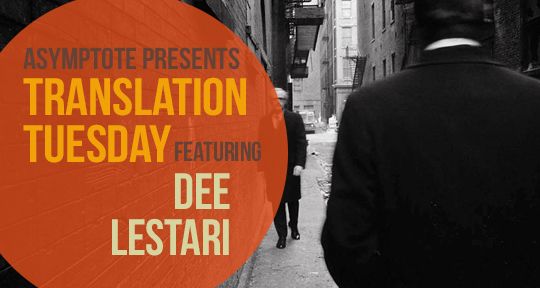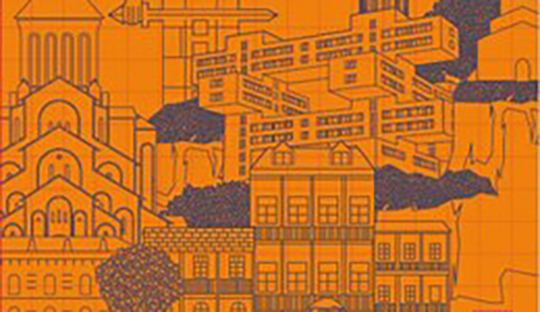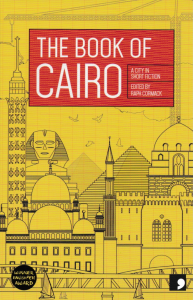
The Book of Cairo, A City in Short Fiction, edited by Raph Cormack, translated from the Arabic by multiple translators, Comma Press, 2019
The Book of Cairo, A City in Short Fiction, edited by Raph Cormack, is the newest addition to the “Reading the City” series published by Comma Press (Manchester, UK), collecting stories by local authors from cities around the world. Each story in the book (like those of the other books in the series) is translated into English by a different translator, which makes the book even more multi-vocal, introducing readers to not only writers, but also to translators working from a particular language into English, in this case Arabic.
The stories (except for one) were originally published between 2013 and 2018, making them of the present time and place, and giving us access into the current literary scene of Cairo. The authors are all born in the late 1970s and the ’80s, which makes them part of the young, hopeful generation who took part in the Tahrir Square protests, who made the Arab Spring possible, and who imagined a different future for their country. And it is through the diverse, imagined worlds in the present collection that they investigate the present moment of a city mutually rooted in history and moving toward the future.

